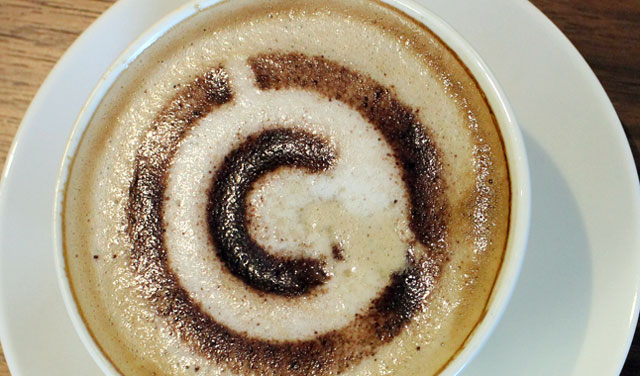
Cell C said on Thursday evening that high court judge Sharise Weiner erred in her judgment in favour of one of the mobile operator’s clients, warning that her ruling has “wide-ranging implications” for South African business.
In her judgment, handed down earlier in the day, Weiner sided with the disgruntled customer, who had placed a high-profile banner along a busy Johannesburg street decrying the mobile operator’s customer service levels. Cell C had brought an urgent application to the high court to have the banner, erected on the side of a shopping centre on Beyers Naude Drive in Randburg, removed.
The company said one of its employees, Riaan van Rooyen, whose name and telephone number had been printed on the banner, had been “harassed and verbally abused” after the banner went up.
But the court found that criticism such as that contained in the banner was protected as long as it held fair comment. “The application is not urgent,” judge Weiner found, adding that the damage to Cell C’s reputation had already been done. It would stay up, she said.
The banner was paid for and erected by a George Prokas.
Cell C has made it clear that it is not impressed with the court judgment.
“Cell C is of the view that on the face of it, the judgment contains fundamental errors that have wide-reaching implications. Irrespective of the specific issues in this particular matter, these errors need to be rectified and so Cell C is considering appealing the decision.”
The operator said it is “disappointed” by the judgment. “The judge did not address our primary reason for taking this matter to court, namely the protection of the personal information and privacy of our employee.”
Van Rooyen, who works for the company’s Sandton City branch, had his name and cellphone number plastered in a large font on the banner.
“As a result of the banner being erected, Riaan has been harassed and verbally abused. People should reasonably ask what they would expect their companies to do if they were subject to this kind of harassment and abuse simply as a result of them doing their jobs,” the operator said.
“With the increased focus and awareness of the protection of personal information, it is surprising that the publication of Riaan’s personal information was not addressed in the judgment. The undertaking made by Mr Prokas not to republish this personal information was only given to the court during argument yesterday, and as a result of the urgent application having been brought by Cell C.”
In addition, the judgment has “far-reaching consequences for any business in South Africa”, Cell C said.
“From the large business to the corner shop, businesses now face the risk of having their reputations tarnished by an individual who can make defamatory statements, as long as this is expressed as an opinion of personal experience with only cursory and, in our view, selectively chosen factual foundations.
“The judgment also suggests that businesses should urgently apply to court for an interdict as soon as somebody merely threatens them with the publication of unfounded defamatory statements. This is impractical.”
Cell C denied “reports in some media” about Prokas’s claim that he was billed for somebody else’s use of his cellphone. “The underlying fact is that Mr Prokas owes Cell C for services rendered and these will be pursued in a separate legal process. Despite Mr Prokas’s negative comments on his banner, he continues to use our services.”
The company added: “Mr Prokas had several alternative channels at his disposal and it is most unfortunate that he chose to deal with the matter in this way. Cell C has been at the forefront of lowering the cost to communicate for millions of South Africans irrespective of the network that they use. We are proud of these achievements and that is why we take customer service very seriously and we never like to hear that we might have fallen short in this regard. Where necessary, corrective measures will always be implemented.” — (c) 2014 NewsCentral Media




